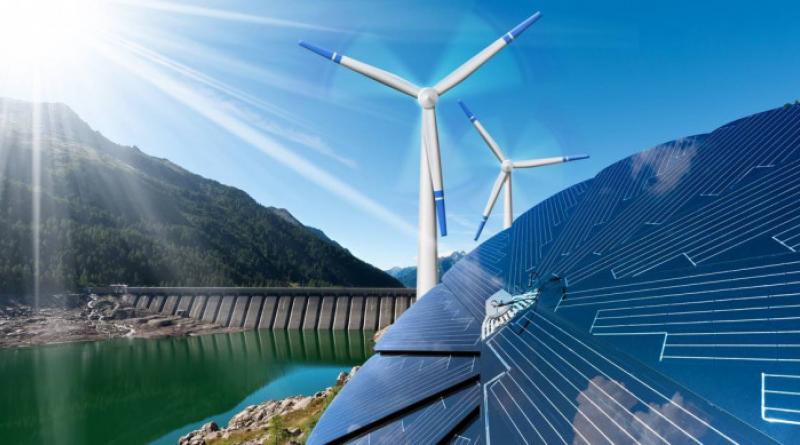Renewable Energy to Overtake Natural Gas in the U.S. by 2035, Say New Studies.

The reports reveal that 2019 represents a tipping point for renewables.
A pair of reports released this week by the Rocky Mountain Institute (RMI), a nonprofit that promotes the transition away from fossil fuels, offered some very positive news for renewable energy in the U.S. The studies revealed that the industry will overtake natural-gas power plants within 16 years.
A tipping point
“The analysis presents compelling evidence that 2019 represents a tipping point,” RMI wrote in their report, “with the economics now favoring clean energy over nearly all new U.S. gas-fired generation.”
According to the institute, it will be more expensive to run 90% of natural-gas-fired power plants than to build wind and solar farms with storage systems by 2035.
“We find that the natural gas bridge is likely already behind us,” read the RMI report, “and that continued investment in announced gas projects risks creating tens of billions of dollars in stranded costs by the mid-2030s, when new gas plants and pipelines will rapidly become uneconomic as clean energy costs continue to fall.”
Gas price increases
The reports note that as electricity produced by renewables continues to become more cost-effective and efficient, demand for gas production will drop. As this happens, the utilization of things like gas pipelines will be reduced, increasing the price of gas.
"As utilization of pipelines falls, the average cost of delivered gas will increase by 30–140% from expected levels, imposing significant costs on customers and investors,” read the RMI report.
This change can already be seen in certain areas of the U.S., report the studies. “In the Midwest, Consumers Energy and Northern Indiana Public Service Company are planning to retire most or all of their remaining coal assets and replace them with new [wind, solar, storage] and demand-side resources, avoiding any investment in new gas-fired generation and saving their customers billions of dollars,” RMI wrote.
“In Colorado, Xcel Energy will retire two coal plants ahead of schedule and replace them with [wind, solar, storage] and demand-side resources, again avoiding any investment in new gas and while delivering savings to their customers.”
15 September 2019
INTERESTING ENGINEERING




